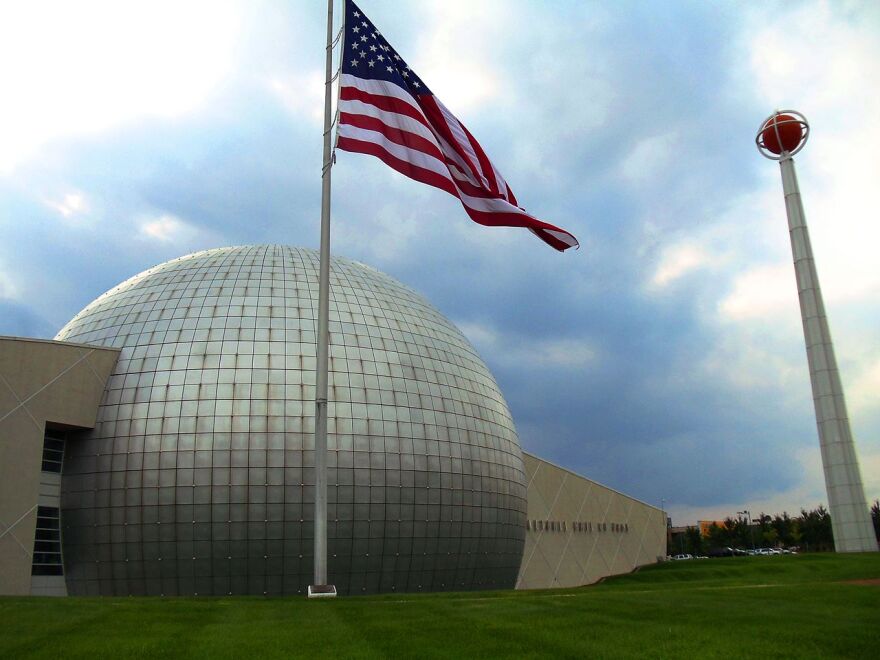Before John McLendon died in 1999 at the age of 84, he knew he was already a part of the Naismith Memorial Basketball Hall of Fame as a contributor in the 1979 class. But in this year’s class, which includes Shaquille O’Neal, he was honored among the greatest as a coach.
As fortunate as I was to record a 21-minute interview with McLendon in 1998, while attending a luncheon in conjunction with the NAIA men’s basketball tournament, I could have spent hours listening to someone as humble as he about his achievements.
“I’ve had some good times. I really have,” said McLendon. Those were his final words to me as we wrapped up the interview.
A graduate of what was then known as Sumner High School — now Sumner Academy — in Kansas City, Kansas, McLendon later became the first African American, in 1936, to receive his P.E. degree at the University of Kansas at a time when Dr. James Naismith was in his twilight years.
As much as McLendon paved the road for other African Americans in basketball, there were two important figures in his life, two white guys, who believed McLendon stood for so much that they staked their reputations on it.
The first was Chuck Taylor whose name is synonymous with the shoes. When McLendon would attend the NAIA tournament as a spectator above the floor — “the first row balcony was my favorite seat” — at Municipal Auditorium, Chuck Taylor sat with him and offered two pieces of advice if McLendon would make it to K.C. with a team.
First, “Don’t change your style of play,” and second, “try to get them to let you stay where the other teams are.”
It took awhile before Taylor’s advice sank in.
“I didn’t have any idea what he was talking about and if that would ever happen,” said McLendon.
But McLendon remembered Taylor’s advice in 1957 when he coached Tennessee A&I State (now Tennessee State) to the NAIA tournament.
“I thought about that. This would be a good time to try this out,” recalled McLendon with a laugh. Insisting that his team would have the same hotel accommodations as the other teams in Kansas City, McLendon broke new ground.
The other influential figure in McLendon’s life was Al Duer, the NAIA executive whom he called “the Abraham Lincoln of basketball” because the NAIA tournament invited pre-dominantly black colleges and integrated the tournament under Duer’s leadership.
“Al Duer was the quiet architect of our every move because a couple of governors attacked him,” said McLendon. “They weren’t going to send their teams anymore from Louisiana and Mississippi. He had to tell them right up front that if you come here you’ve got to play whoever the draw calls for.”
Not only were McLendon’s teams competing for a national championship in each of the three years Tennessee A&I State made it to KC, he felt his team was on trial for its conduct. “People didn’t know what to expect. They heard all kinds of things, so we had to be the models of great deportment,” said McLendon.
In each of the three years, McLendon took a team to KC and won the NAIA title, the first time a college team on any level had won three in a row.
“Very soon, people just said, ‘That’s a pretty good team after all,’” said McLendon with a laugh.
And now, years later, McLendon has the last laugh.
Greg Echlin is a sports reporter for KCUR 89.3. You can reach him on Twitter@GregEchlin.



